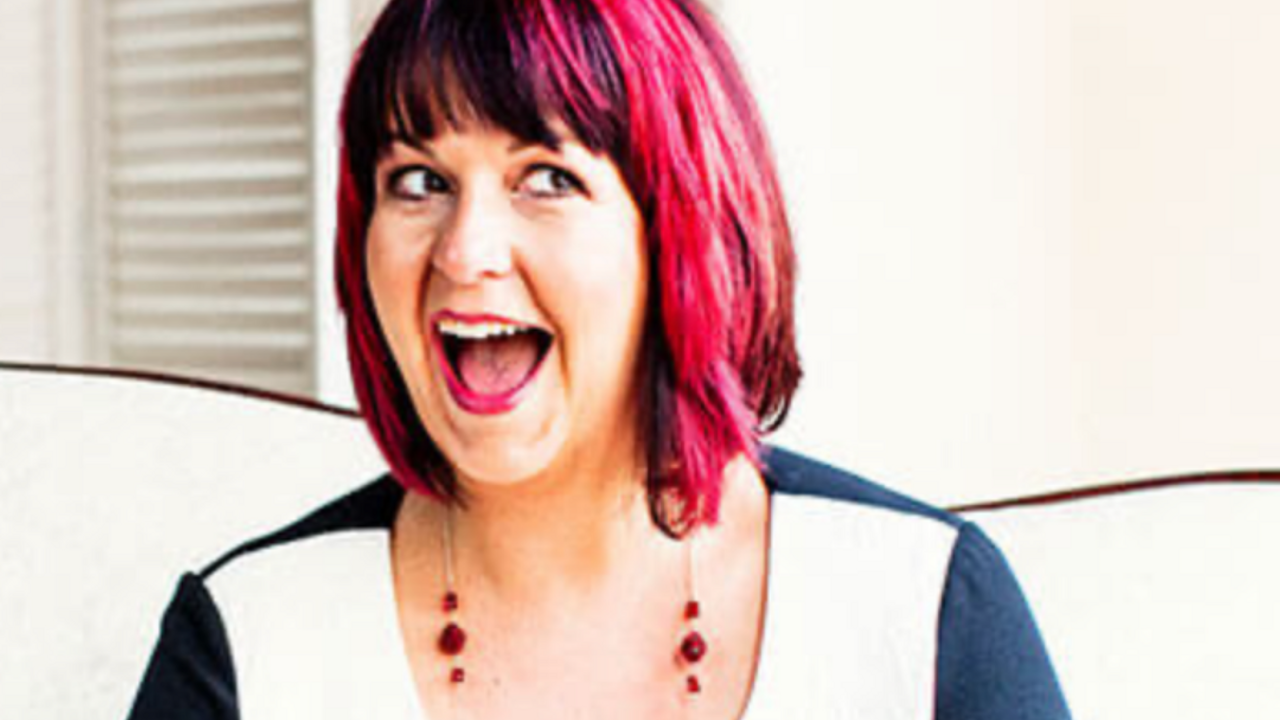Get Away From Bro Marketing with Michelle Mazur
Apr 13, 2021
Today, I’m joined by Dr. Michelle Mazur, an industry leader who is here to help us understand the concept of bro marketing and how to get away from it so that you can take strangers in your audience and turn them into clients in a way that feels so good.
In the online world, there is this way of marketing and persuading that is unethical and it’s being taught by the biggest names in the industry. These triggers are used to manipulate and coerce people through guilt and shame and psychological tactics in order to make a buying decision. Basically, let's shut down your critical thinking. So you don't think and you buy because it's like, “oh my gosh, it's 11:58 pm and the carts closing in two minutes.” “What if I miss out?” That's buying because of emotions that are going on inside of us, and not because it's the best decision in our market or for us for our business.
I started calling it bro marketing because it was coming from men and being taught everywhere, and then women were marketing to ladies too.
What makes this so tricky is that all of these triggers are actually neutral. Because scarcity can be used for good, it can help us make a decision. You can say that your product isn't coming back for the next six months and if the person wants to start right away, and not wait for 6-months, they’re welcomed. That is a very ethical way of using scarcity.
Whereas if people are using timers and saying, “Oh, you can never get this again. But if you know you pre-opt-in, you can totally get that offer.” That person will not buy it because it’s what they need. They’re buying it because of the fear of missing out.
Listen to yourself
I would say number one is listening to yourself. One of the things that I've noticed a lot of bro marketers is obsessed with outcomes, specifically money outcomes. So if all of the testimonials are about how you've 10x your business and how it took you three months to make six figures, and it's all about the money, and how quickly people made money, be selective.
Another thing is the rags to riches story. So if somebody instead of telling you why he or she is an expert, how it can help you, their experience, and whatnot, and its focusing on telling you how they used to live in their friend’s basement with $40,000 in debt and how they started their business, and the mansion that they have now with no debt, that’s where you need to stop and think. Be selective, and ask yourself: is this really scarce, or are they trying to make me buy their product showing me only the outcomes and not how it can actually help my business?
Be truthful and honest when telling your story.
Tell it exactly how it was. Add your experience, your downfalls, your good moments, because that’s where people would start to realize that you’re credible and that you are actually interested in helping them.
STOP Cold Messaging People
If you go to Starbucks, and you would try to sell something to someone you have just met, it would have to feel gross and sleazy. That’s because you don’t have a relationship. You don't even know if they need your thing, because you actually didn't ask them any questions. It could sound aggressive, and that’s exactly how it feels when using a bro-tactic move.
When you’re using a bro-tactic move, you’re playing for the numbers. They're probably spamming 20 people a day hoping that one person bites. It's very dehumanizing and not personal at all.
Focus on their client journey
Instead of focusing on the numbers, focus on actually helping your client. Focus on their client journey. Build a relationship first. Get them to know you, and let them be interested in what you have to offer them. Educate them. Sometimes, people will come to you because they like your stuff, not because you have the solution to their problems. So, be ethical and understand that it’s their choice to buy from you or not, even if you know that your product or service will benefit them.
Empathy is your best tool
Don’t use their pain points to make them feel bad and make it their fault that they’re not having results. Instead, really understand their struggle, their pain points. Don’t make it sound like your product or service is the ultimate thing they have to do because to get results.
I really do believe that everyone can be a thought leader, that you have an idea In your head right now, that is worthy of you advocating for that is worthy of you standing up and saying, like, I have this idea that can really help you that can really change things for you. And that's what makes you a thought leader. I think we think sometimes thought leaders like how big your audience is, and everybody knows your name, and you have a book. And for me, it's that you have a really good idea that helps people and you want to advocate for that idea.






